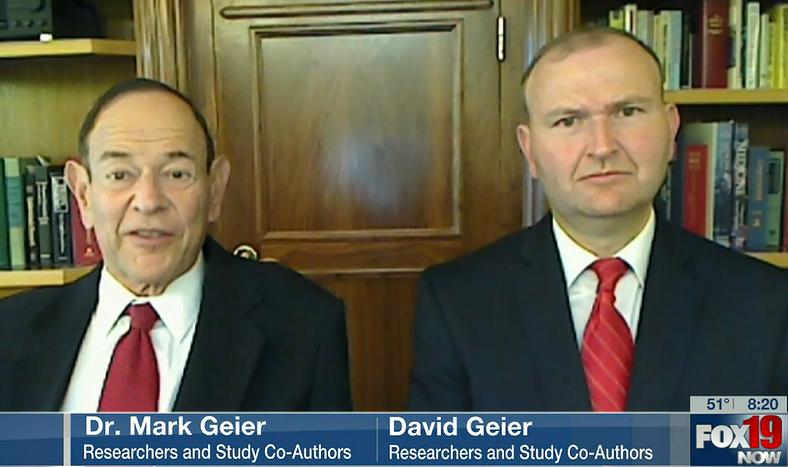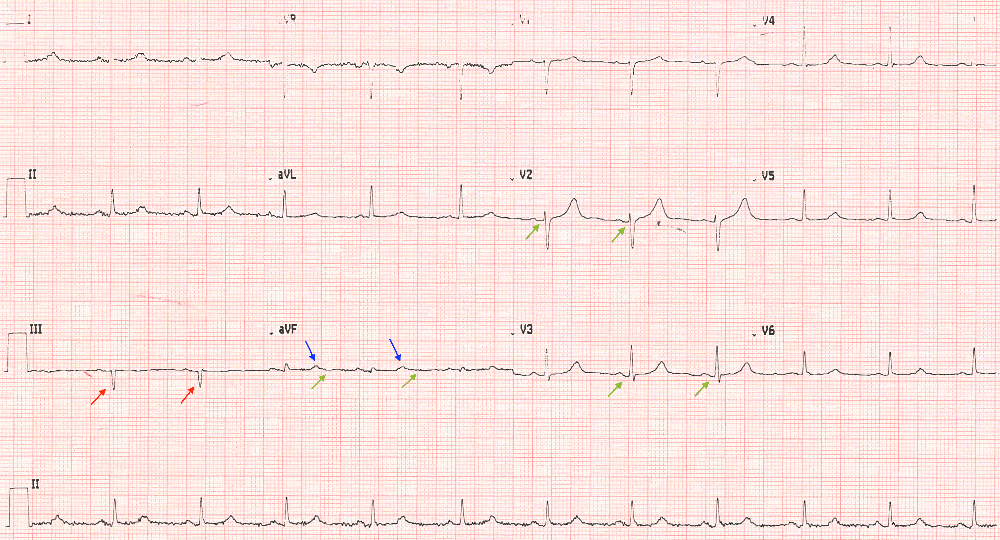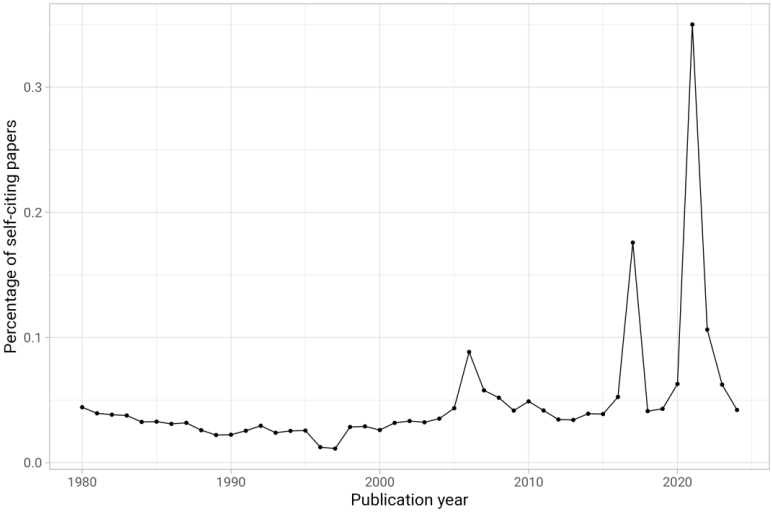
Dear RW readers, can you spare $25?
The week at Retraction Watch featured:
- Journal retracts letter about pager explosion injuries in Lebanon
- Sequence errors are ‘canaries in a coal mine’ in genetics studies, sleuth says
- Why RFK Jr.’s pick for a vaccine-autism review may be familiar to Retraction Watch readers
- Former VA physician admitted to altering images and deleting data, documents show
Our list of retracted or withdrawn COVID-19 papers is up past 500. There are more than 58,000 retractions in The Retraction Watch Database — which is now part of Crossref. The Retraction Watch Hijacked Journal Checker now contains more than 300 titles. And have you seen our leaderboard of authors with the most retractions lately — or our list of top 10 most highly cited retracted papers? What about The Retraction Watch Mass Resignations List — or our list of nearly 100 papers with evidence they were written by ChatGPT?
Here’s what was happening elsewhere (some of these items may be paywalled, metered access, or require free registration to read):
Continue reading Weekend reads: On errors and consequences; AI in peer review; Canada’s PM accused of plagiarism






